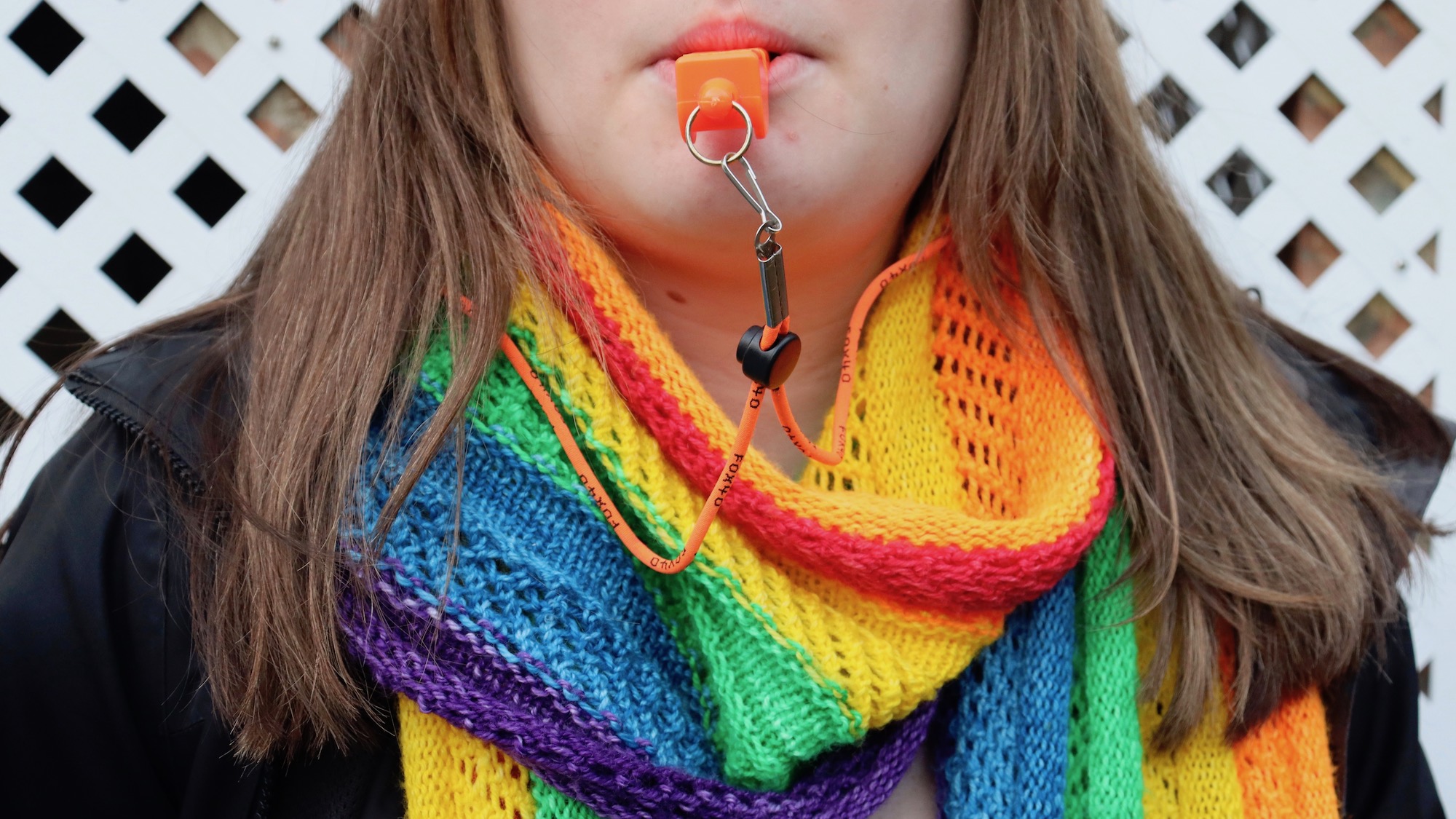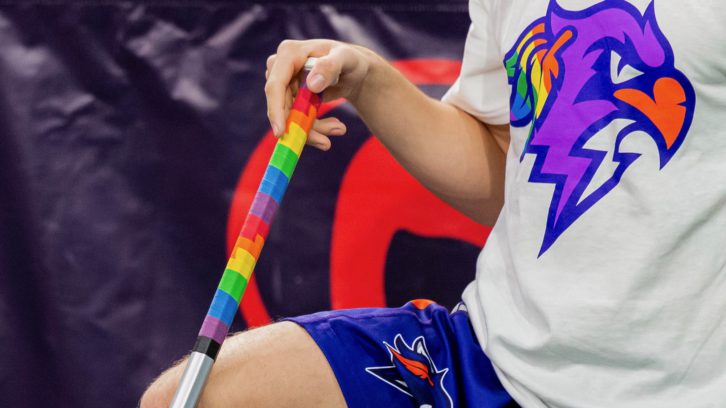Halifax Thunderbirds help break down LGBTQ+ stigma in sport
Inclusive coaching workshop aims to keep all athletes on even playing field

caption
Halifax Thunderbirds delivered an inclusive coaching workshop on Jan. 25, 2022. The workshop taught coaches how to break down LGBTQ+ stigma in sports.The Halifax Thunderbirds lacrosse team hosted an inclusive coaching workshop Tuesday night for coaches across Canada.
The Thunderbirds partnered with You Can Play, an organization that challenges locker room culture and LGBTQ+ stigma in sports.
“When an athlete is coming out on their team, very few coaches have an education on what to do and how to have a conversation around that,” said Kurt Weaver, operations and programs officer at You Can Play.
Weaver led the workshop. He said the goal of the event was to give coaches tools to lead uncomfortable conversations in a culture that’s built on “strong alpha nature” and harmful gender stereotypes.
He said historically, coaches were looking to be “generals” rather than coaches and used homophobic language as motivators to “get the most out of their guys.”
“Calling your guys pansies and sissies and telling them that they look like they’re gay … that was very normal in sport for a long time,” said Weaver.
“And if you’re a young athlete struggling with your sexuality or gender identity and you hear that language, you immediately think, ‘this is not the place for me.’ ”
Chuck Dauphinee was one of those athletes.
Dauphinee is one of the founders of the Halifax Mussels, a hockey group for the city’s LGBTQ+ community.
He walked away from several sports as a kid.

caption
Halifax Thunderbirds show their support for the LGBTQ+ community. The team hosted an inclusive coaching workshop on Jan. 25.“There was no inclusive coaching when I started sports,” he said. “I didn’t feel like I was included in the conversation or coaching strategy.”
Many of the coaches that attended the workshop, like Steven Brown, are trying to change that.
Brown coaches young lacrosse players around Halifax.
He said as a coach, he’s more than just the guy behind the bench. He calls himself the team’s “social worker” as well. And that role has exposed him to conversations he hasn’t had before.
His experiences with gay and transgender athletes helped him realize how important it is to know the right language to use.
“How they perceive you is basically how they’re going to like the sport,” he said. “So this inclusive coaching is very, very important.”
According to Weaver, inclusive coaching is a team effort.
He said when coaches are supportive and attentive, it trickles down into their players’ attitudes.
“It’s going to communicate to the rest of your team, ‘We are an inclusive team. This is our culture and we want everyone here,’ ” he said.
Because for some athletes like Dauphinee, the locker room is where they felt most uncomfortable.
“When you know you’re different but you haven’t exposed your differences to anyone … Who wants to change with a whole bunch of strangers?” Dauphinee said.
“I remember as a kid, it just wasn’t comfortable.”
He said locker room talk and conversations among teammates can also contribute to that feeling.
Coach Brown said that’s when coaches should be paying attention to player’s faces and how they’re reacting to what’s being said.
“Fortunately, kids today are so kind and a little more well informed than they were years ago, but there is the odd one that causes a bit of a problem,” Brown said.
In those cases, Brown says it’s the coach’s responsibility to educate, rather than kick them off the team.
And according to Weaver, that’s exactly why these workshops are available.
“Any coach wants the best players in the field,” he said.
“Regardless of your sexuality, your gender identity, your race or your religion… We want the best athletes out there.”
About the author
Maryanne McLarty
Maryanne McLarty is a Halifax-based journalist from Oakville, Ontario. Her interests include listening to true crime podcasts and baking. She...
